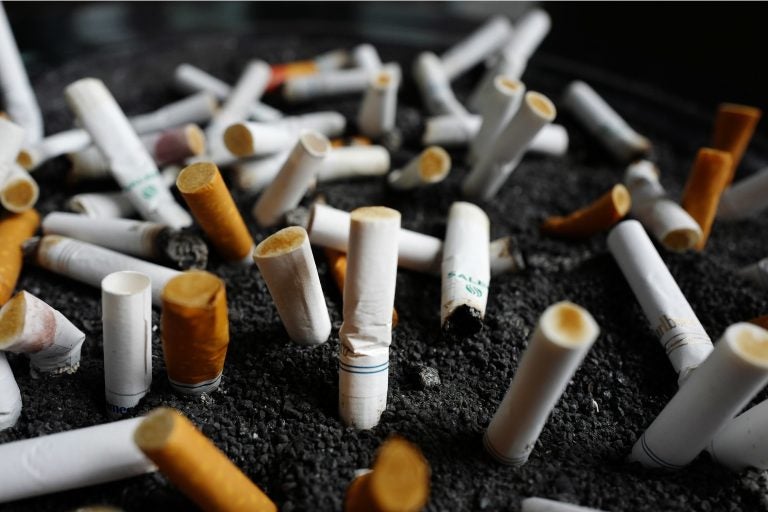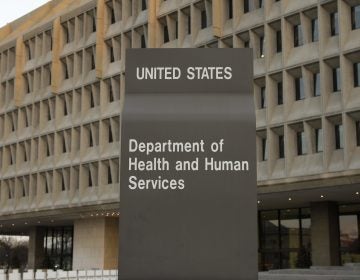Smoking ban at Philly drug treatment centers riles social workers
Social workers are warning that a new ban on smoking at Philadelphia drug treatment centers could be deal breaker for those seeking help.

(Mark Lennihan/AP Photo, File)
A new ban on smoking at Philadelphia’s city-funded residential drug treatment centers has rankled some area social workers, who fear it will drive those battling addiction away from recovery programs altogether.
On Jan. 1, the city’s Department of Behavioral Health and Intellectual disAbility Services’ began enforcing a prohibition on the use of tobacco products at 80 contracted drug treatment facilities. The move aims to improve health outcomes, according to officials, pointing to studies showing that quitting smoking during recovery may increase long-term abstinence rates by 25 percent.
But Brooke Feldman, a veteran social worker who runs a mental health and drug addiction consultancy, called the move an example of well-intentioned policy that’s out of touch with reality.
Feldman, in recovery for substance use disorder, said many of the 14,000 city residents entering treatment each year agonize over the decision to seek help in the first place.
“It is not a walk in the park to enter treatment. You have to give up your sense of autonomy — when to wake up, what to eat, when to eat it, who your roommate will be,” she said.
She said small obstacles, such as poor transit access to recovery facilities or giving up smoking, can become deal breakers.
Feldman said her own outreach experiences had convinced her that the new tobacco ban, which extends to vaped products, would make it harder to convince drug users to get help.
“Often times, the difference between someone entering residential treatment or not has been a packet of cigarettes,” she said.
Currently, just one in 10 who need substance use treatment receive it. But city officials countered that tobacco use contributed to “the ritual of addiction” and is currently “the leading cause of death and disability among behavioral health populations.”
“People who have a substance use disorder are smoking as much as three times the rate of the general population and, tragically, they are dying 25 years earlier than the general population largely because of smoking-related diseases affecting the lung and heart,” said David T. Jones, Philadelphia behavioral health commissioner.
The new ban applies only to residential programs. Officials said the city implemented similar restrictions at acute inpatient psychiatric hospitals three years ago.
WHYY is your source for fact-based, in-depth journalism and information. As a nonprofit organization, we rely on financial support from readers like you. Please give today.





